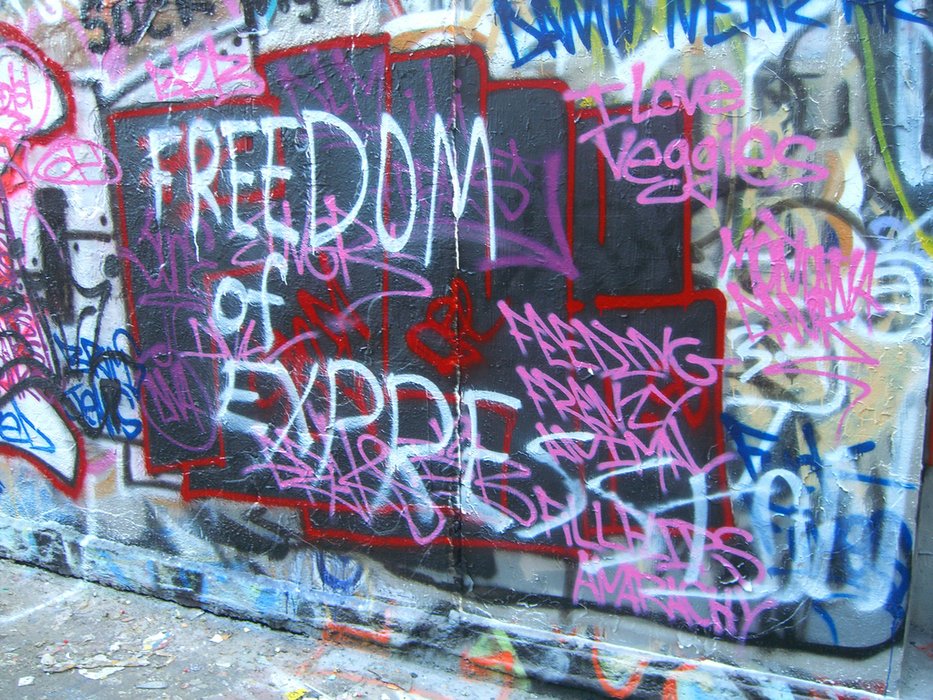
General situation
As Rwanda approaches its 2024 elections, the Rwandan Patriotic Front (RPF) is tightening its grip on political opposition. According to media reports, journalists, commentators, opposition activists and other citizens critical of current affairs and public policies in Rwanda face abusive prosecutions and enforced disappearances. Unexplained deaths have also repeatedly been reported. According to a Human Rights Watch report, even Rwandans living abroad practise self-censorship and live in fear of extraterritorial reprisals. This raises concern over the fairness of the electoral process and over democratic participation in Rwanda.
On 11th January 2024, Burundi closed its borders with Rwanda, alleging that Rwanda supports the Red Tabara rebel group, responsible for an attack near Burundi's border with the DRC in December 2023. Rwanda has denied the allegations, calling the border closure a breach of regional cooperation principles and expressing concerns about potential restrictions on free movement and communication between the two nations.
On 21st January 2024, Rwandan opposition figure Frank Ntwali, the survivor of an assassination attempt, strongly criticised the UK's plan to deport asylum seekers to Kigali. Ntwali, leader of the Rwanda National Congress, emphasised the country's safety concerns, calling British Prime Minister Rishi Sunak’s insistence on the policy "bizarre." This development adds tension to the political climate, with Sunak pushing for the controversial Rwanda deportation bill, seen as crucial for the Conservative party amid challenges from Labour.
With a wound on his forehead, journalist Dieudonné Niyonsenga told #Rwanda court that his hearing and eyesight are impaired due to 3-yr-long detention in "inhuman" conditions and frequent beatings. #Rwanda should release him immediately, says @hrw 👇https://t.co/t1XIcBltvK pic.twitter.com/mhpEylCoRS
— Philippe Dam (@philippe_dam) January 19, 2024
Expression
On 10th January 2024, Dieudonné Niyonsenga, the owner of Ishema TV, testified in a Kigali court, detailing the confiscation of his trial-related documents and describing his three-year detention marked by recurrent beatings, untreated impaired hearing, and deteriorating eyesight. Authorities arrested him in April 2020 for reporting on the impact of COVID-19 guidelines and accused him of forgery and hindering public works. Although he was acquitted in March 2021, he was rearrested in November 2021. Despite Niyonsenga's courtroom appeals regarding abuse, judicial authorities have not taken corrective action.